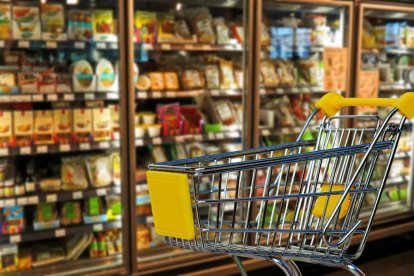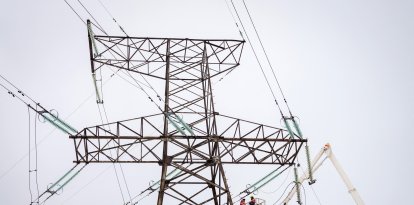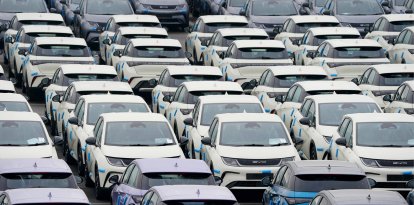Bidenomics: Lower-income families have suffered the most in the last year
Half of the households say they are worse off than a year ago. This is the worst figure since 2009.

(Pixabay)
"Would you say that you are financially better off now than you were a year ago, or are you financially worse off now?" Gallup has been asking this question since the mid-1970s. This year, 50% of citizens responded that they are worse off.
This is the highest proportion recorded by the polling group since 2009. In that year, amid the great recession, GDP fell by 2.6%. In 2012, however, a very similar figure was recorded: 49% said then that they were worse off than a year earlier.
Only one in three reports being better off
On the flip side, just over a third of Americans, 35%, say they are better off than they were a year ago. This is the worst figure since 2021. However, the economy was still greatly experiencing the effects of the pandemic in that year. Supply chains were broken, and parts of the country were paralyzed by lockdowns. Beyond that, one must go back to 2014 to find an equally bad figure.
As Gallup notes, "in both 2021 and 2022, Americans were evenly divided between saying they were better off versus worse off, including a 41% to 41% split in last year's survey."
Inflation is the leading cause of half of Americans' financial woes. According to Gallup,
Low-income earners lose the most
Forty-nine percent of middle-income Americans, defined by Gallup as those with household incomes between $40,000 and $99,999, say they are worse off than they were a year ago. Thirteen percent have not observed a substantial change, and 37 percent acknowledge being better off.
These results closely resemble the average for the U.S. population. The same is not true for low-income households (below $40,000) and high-income households (above $100,000). Low-income Americans are the most likely to report having gotten worse in the past year and the least likely to have improved. The opposite is true for high-income citizens.
Specifically, 61% of citizens living in households with incomes below $40,000 say their situation has worsened, while 26% say it has improved. Among high-income families, 39% say their situation has improved in the last twelve months, while 43% say it has gotten worse.
A slump in optimism
However, when Americans are asked about the future, they remain optimistic. In January 2023, 60% of Americans reported believing that the economy will improve, while 28% think it will worsen. Since the survey began, the truth is that those who expect the situation to get worse have never outnumbered those who believe it will get better.
However, there is another reading of the data. In January 2021, only 12% expected the situation to worsen, compared to 74% who were optimistic. That's a 62-point difference. That difference is now just 32 points, a 30-point drop in just two years. To find such a drop in Americans' optimism, one has to look back to the 33-point drop in optimism between 2012 and 2014.
RECOMMENDATION





















